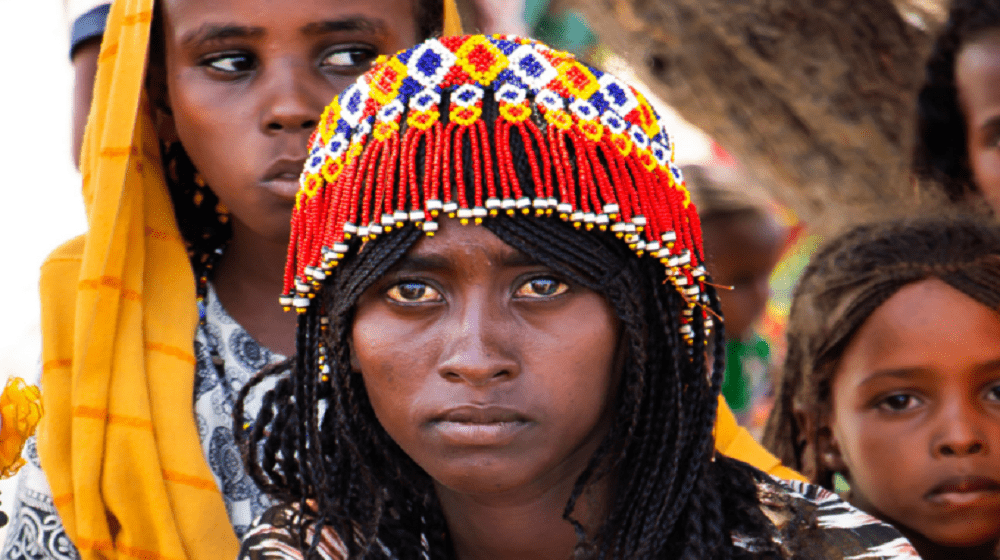Women and girls’ needs require ur
UNITED NATIONS, New York, 13 December 2021—Natural disasters, intensified by climate change, conflict and the continuing coronavirus pandemic, are driving up humanitarian needs and displacement worldwide, taking a devastating and disproportionate toll on women and girls who are less able to access life-saving services and less likely to be part of decision-making that affects their lives.
UNFPA, the United Nations sexual and reproductive health agency, today launched its largest ever humanitarian appeal to reach over 54 million women, girls and young people in 61 countries in 2022. UNFPA’s humanitarian support to countries will focus on the provision of integrated sexual and reproductive health and gender-based violence services and comprehensive support for survivors of violence, including mental health and psychosocial support. The total appeal is for $835 million.
Every day, women and girls living in crisis settings face increased risks to their safety, dignity and well-being. Too often, essential and life-saving sexual and reproductive health care is an afterthought in conflict and disaster situations. Women and girls’ ability to access services, critical to their health, future and survival, is at best diminished, and at worst eroded, at a time when their needs are greatest, with devastating consequences.
As needs rise, we must listen to women's voices, invest in their leadership and act urgently to ensure that their rights, agency and dignity are at the heart of our humanitarian response.
“The rights and needs of women and girls affected by humanitarian crises must be prioritized as we work together to leave no one behind,” said Dr. Natalia Kanem, Executive Director of UNFPA. “In Afghanistan, Ethiopia, Haiti, Syria, and over 50 other humanitarian settings, we see just how quickly hard-won gains for women and girls can be unwound in the face of a crisis. As needs rise, we must listen to women's voices, invest in their leadership and act urgently to ensure that their rights, agency and dignity are at the heart of our humanitarian response.”
The 2022 Humanitarian Action Overview highlights the world’s biggest crises for women and girls and the urgent need to increase international aid to alleviate human suffering and keep pace with rising needs. In an evolving and more complex world, UNFPA’s humanitarian appeal total requirement of $835 million will ensure that with our partners, we can better prepare, take early action and respond to safeguard the rights, health and lives of women and girls and young people in emergencies around the world.
With humanitarian needs expected to double by 2030, UNFPA’s priority is to support countries to strengthen capacities and systems for the provision of integrated essential, life-saving sexual and reproductive health and gender-based violence services. Our continued focus remains to strengthen linkages between humanitarian action and development programmes – designing and delivering interventions that respond to immediate needs and build resilience. In doing so we work closely with local community partners, including women and youth-led organizations.
In 2021, despite the challenges posed by the COVID-19 pandemic, UNFPA and its partners assisted millions of women and girls and young people in the hardest hit, and hardest to reach places, with a range of services, information and supplies.
— More than 29 million women in 42 countries received sexual and reproductive health services, including contraceptives and supplies for safe deliveries and personal protective equipment.
— 6 million people in 39 countries received family planning services.
— More than 1.5 million safe births were assisted in 29 countries.
— 2.4 million survivors of gender-based violence accessed support services, including through 12,000 UNFPA-supported safe spaces.
UNFPA requires timely, predictable and flexible funding to save women and girls and young peoples’ lives, protect their dignity and give them hope for the future. Our total funding requirements are $835 million.
gent attention as climate shocks, conflict and COVID-19 fuel humanitarian crises


